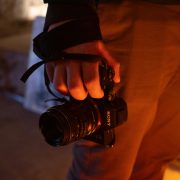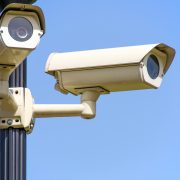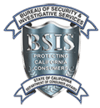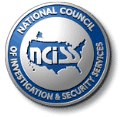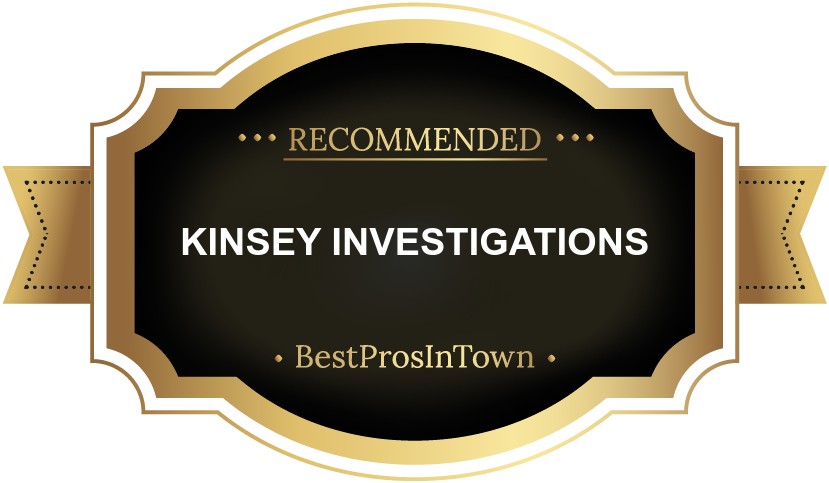You are here: Home / licensed private investigator
Posts
https://www.kinseyinvestigations.com/wp-content/uploads/2025/04/stalking-and-harassment-investigation-scaled.jpg
1707
2560
SOCIAL MEDIA MANAGER
https://www.kinseyinvestigations.com/wp-content/uploads/2023/02/kinsey-investigations-private-investigator-logo.png
SOCIAL MEDIA MANAGER2025-04-04 12:58:072025-04-04 12:58:07Stalking and Harassment Investigations: How a PI Can Help
https://www.kinseyinvestigations.com/wp-content/uploads/2025/03/female-owned-detective-agency-scaled.jpg
1707
2560
SOCIAL MEDIA MANAGER
https://www.kinseyinvestigations.com/wp-content/uploads/2023/02/kinsey-investigations-private-investigator-logo.png
SOCIAL MEDIA MANAGER2025-04-02 04:58:342025-04-02 04:58:34Five Reasons You Might Need a Private Investigator
https://www.kinseyinvestigations.com/wp-content/uploads/2025/03/how-pis-track-missing-persons-scaled.jpg
2560
1707
SOCIAL MEDIA MANAGER
https://www.kinseyinvestigations.com/wp-content/uploads/2023/02/kinsey-investigations-private-investigator-logo.png
SOCIAL MEDIA MANAGER2025-03-28 11:22:532025-03-28 11:22:535 Ways Private Investigators Track Missing Persons
https://www.kinseyinvestigations.com/wp-content/uploads/2025/03/hire-pi-surveillance-scaled.jpg
2560
1707
SOCIAL MEDIA MANAGER
https://www.kinseyinvestigations.com/wp-content/uploads/2023/02/kinsey-investigations-private-investigator-logo.png
SOCIAL MEDIA MANAGER2025-03-22 15:04:002025-03-22 15:04:00Hire Professional Private Detectives for Your Surveillance Needs
https://www.kinseyinvestigations.com/wp-content/uploads/2025/03/los-angeles-private-detectives-scaled.jpg
1707
2560
SOCIAL MEDIA MANAGER
https://www.kinseyinvestigations.com/wp-content/uploads/2023/02/kinsey-investigations-private-investigator-logo.png
SOCIAL MEDIA MANAGER2025-03-15 08:49:132025-03-15 08:49:13How Private Investigators Support Businesses in Los Angeles
https://www.kinseyinvestigations.com/wp-content/uploads/2025/03/california-surveillance-laws-scaled.jpg
1707
2560
SOCIAL MEDIA MANAGER
https://www.kinseyinvestigations.com/wp-content/uploads/2023/02/kinsey-investigations-private-investigator-logo.png
SOCIAL MEDIA MANAGER2025-03-07 11:37:362025-03-07 11:37:36Los Angeles Surveillance Laws: What’s Legal and What’s Not?
https://www.kinseyinvestigations.com/wp-content/uploads/2025/02/kinsey-female-private-investigators-scaled.jpg
2560
1701
SOCIAL MEDIA MANAGER
https://www.kinseyinvestigations.com/wp-content/uploads/2023/02/kinsey-investigations-private-investigator-logo.png
SOCIAL MEDIA MANAGER2025-02-26 10:43:452025-02-26 10:43:45The Most Common Mistakes People Make When Hiring a Private Investigator
https://www.kinseyinvestigations.com/wp-content/uploads/2025/02/missing-persons-investigations-scaled.jpg
1707
2560
SOCIAL MEDIA MANAGER
https://www.kinseyinvestigations.com/wp-content/uploads/2023/02/kinsey-investigations-private-investigator-logo.png
SOCIAL MEDIA MANAGER2025-02-12 07:20:282025-02-12 07:20:28Missing Persons Cases: How Private Investigators Help Find Loved Ones
https://www.kinseyinvestigations.com/wp-content/uploads/2025/02/pi-surveillance-101-kinseyinvestigations-scaled.jpg
2560
1706
SOCIAL MEDIA MANAGER
https://www.kinseyinvestigations.com/wp-content/uploads/2023/02/kinsey-investigations-private-investigator-logo.png
SOCIAL MEDIA MANAGER2025-02-07 12:40:102025-02-07 12:40:10Surveillance 101: How Private Investigators Legally Gather Evidence
https://www.kinseyinvestigations.com/wp-content/uploads/2025/01/high-profile-cases-scaled.jpg
1707
2560
SOCIAL MEDIA MANAGER
https://www.kinseyinvestigations.com/wp-content/uploads/2023/02/kinsey-investigations-private-investigator-logo.png
SOCIAL MEDIA MANAGER2025-01-31 14:59:442025-01-31 14:59:44The Role of Private Investigators in High-Profile Legal Cases
Scroll to top




